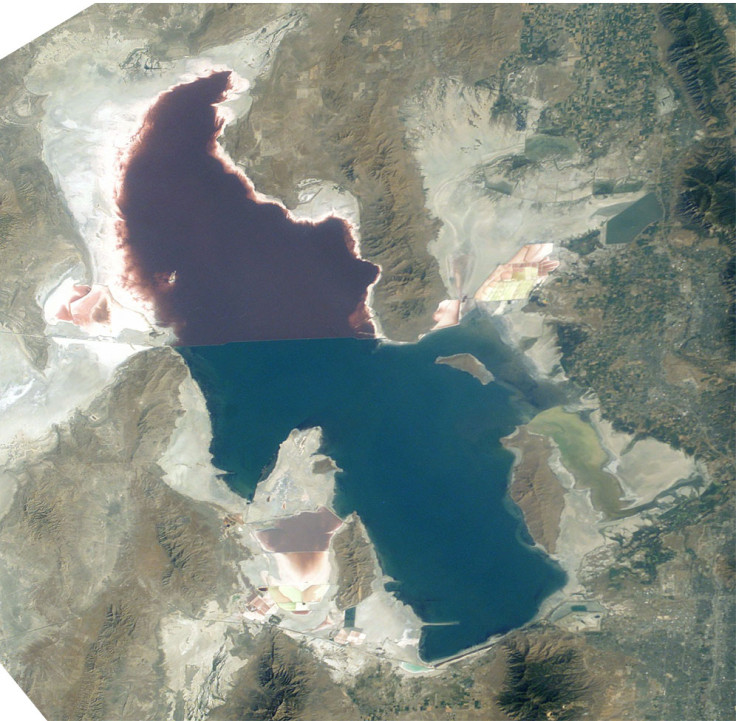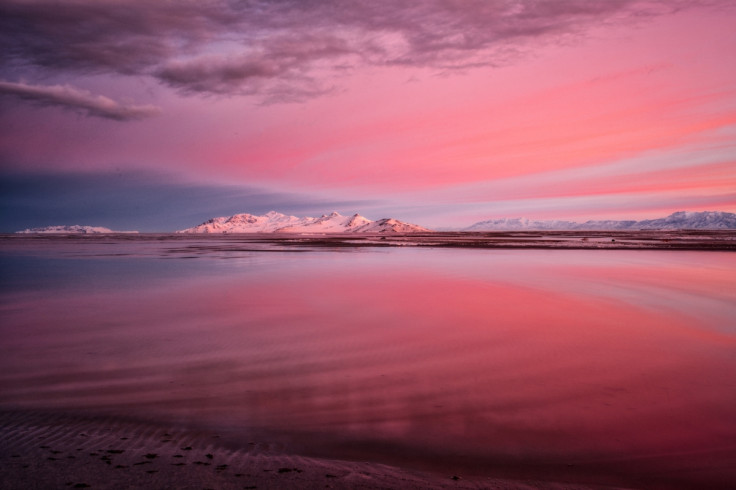Utah: Great Salt Lake has shrunk 48% since 1847 and scientists fear it will disappear

Great Salt Lake in Utah, has shrunk by 48% since 1847, and is in danger of following in the same footsteps of some of the world's other salt lakes that have almost entirely disappeared. Researchers from Utah State University say that current water conservation approaches are not working.
The research, published as a White Paper, says the lake surface level has dropped 11 feet in 169 years, and now 50% of the lake bed is visible compared to the first ever recordings. They suggest that over-consumption is to blame; with agriculture causing 63% of the total decline.
"Loss of water in the lake threatens its unique ecology, along with the wildlife and industries that depend on the lake's ecosystem services," said Wayne Wurtsbaugh, lead author of the research. "Further, lowering lake levels increase dust pollution, which worsens the health effects of the Salt Lake City area's already serious air pollution problems."
The researchers used data from the Utah Division of Water Resources to show the overall amount of water depleted from Great Salt Lake. They also estimated the annual consumptive use by working out the amount of water used for each industry on an acre by acre basis.

The results showed that the total volume of water in Great Salt Lake has decreased by 48% since 1847 – a total of 11 feet. Sixty-three per cent of this water loss is due to agricultural exploitation of the lake.
Dust has significantly increased across the region because of the water loss. This has prevented mineral extraction from local industry, and wetland habitats have been particularly impacted as waterfowl and shorebirds refuse to use their home.
"There's no doubt about it, Great Salt Lake is shrinking," said Wurtsbaugh. "Though we've witnessed droughts and floods in recent decades, impacts of water diversions have decreased the lake's level by 11 feet."
Water conservation is not enough
Despite the dropping water level, water conservation has managed to reduce the amount of water used in the area by an average of 18% per capita in recent years.
However, the scientists say that is still not enough. The growing population has meant the overall water consumption has only been reduced by a tiny proportion since conservation began.
Wurtsbaugh said: "As a state, we've made positive strides in water conservation, but these equate to only a two percent overall reduction of water use."
© Copyright IBTimes 2025. All rights reserved.






















